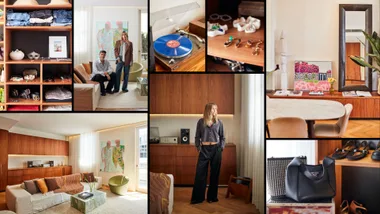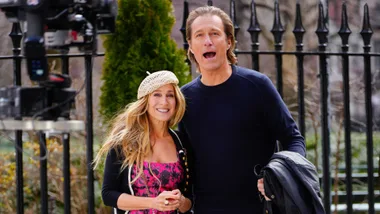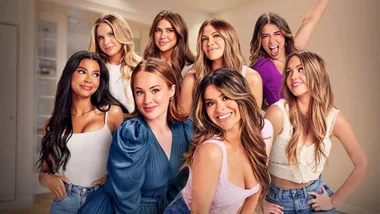As a parent (or an aunty/uncle/friend) it’s always hard to know what toys to buy children. What toys will promote a healthy body image, provide an educational element, are socially acceptable – while also being something the little one will actually enjoy and want to play with.
It’s tough. And with Christmas approaching it’s a conundrum on many people’s to-do lists.
The Good Education Group is the latest in a long line of organisations joining the movement ‘No Gender December’ which was established in 2014 by advocacy group Play Unlimited, and is urging parents to avoid gender-stereotyping through toys and presents this year and to ‘Buy a boy a Barbie’.
“Encourage parents to try and de-gender their presents – the best present for your daughter this Christmas may not necessarily be a nerf gun, but rather a “Jewelbot,” a “Roominate set” or “Goldieblox”,” Chief executive officer of The Good Education Group, Chris Lester, tells the Herald Sun.
RELATED: The Latest Gender Pay Gap Figures Are In. And They’re Not Good.
The campaign hopes to stamp out gender stereotypes which extend from the segregated “boys” and “girls” sections of the toyshops to the workplaces of the Western world.
“According to those behind the No Gender December campaign, the movement correlates with the perception that STEM (Science, technology, engineering and maths) are fields dominated by men and avoided by women, and just as toy stores typically separate ‘girls’ from ‘boys’ toys, workplaces tend to be sharply divided between ‘pink’ and ‘blue’ jobs,” added Mr Lester.
“There’s an exciting new wave of gender-neutral toys designed to encourage more girls to develop fundamental skills in maths and science beyond stereotypes. It might not be a quick fix but getting behind No Gender December is a good start to redressing this imbalance.”
According to the latest Workplace Gender Equality Agency (WGEA) figures released in November, of 9,276 female graduates in 2014-15, most stuck to female-dominated industries including health care and social assistance.
“Our data shows that in the last 12 months male graduates still overwhelmingly entered male-dominated industries and female graduates entered female-dominated industries,” WGEA director Libby Lyons told news.com.au.
“If the gender balance of graduates entering an industry closely matches the existing gender dominance, it means existing patterns of segregation are unlikely to shift in the foreseeable future.
“There is now overwhelming research showing gender diversity encourages innovation, different thinking and new approaches to problem-solving. Some industries recognise this and we are seeing great initiatives to attract more women into scientific and technical careers, but encouraging men into female-dominated jobs is equally important.”










